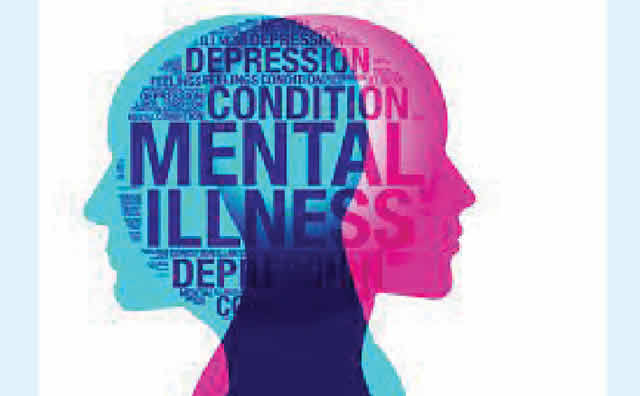How Education can improve Mental Health Outcomes

How Education can improve Mental Health Outcomes
Education can improve mental health outcomes in several ways. By providing individuals with knowledge about mental health, education can help reduce stigma and promote understanding, encouraging people to seek help when needed. Education can also equip individuals with coping strategies and techniques to manage stress, anxiety, and other mental health challenges.
Furthermore, education can foster resilience and emotional intelligence, enabling individuals to better navigate life’s challenges and build strong relationships. By promoting social-emotional learning, education can help individuals develop self-awareness, self-regulation, and empathy, all essential for maintaining good mental health.
In addition, education can provide individuals with a sense of purpose and direction, helping to build confidence and self-esteem. This, in turn, can lead to improved mental health outcomes, including reduced symptoms of depression and anxiety.
Education can also play a critical role in promoting mental health literacy, enabling individuals to recognize the signs and symptoms of mental health issues and seek help when needed. By incorporating mental health education into school curricula, we can empower future generations with the knowledge and skills they need to maintain good mental health and well-being.
Overall, education has the power to transform mental health outcomes, promoting a culture of understanding, empathy, and support. By prioritizing mental health education, we can build a more compassionate and resilient society.
